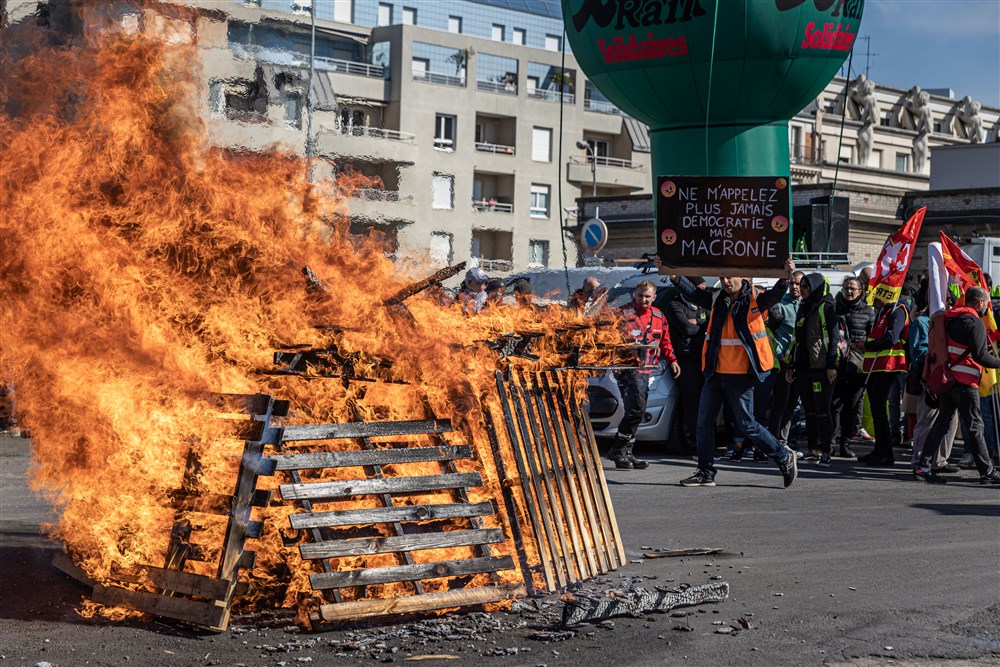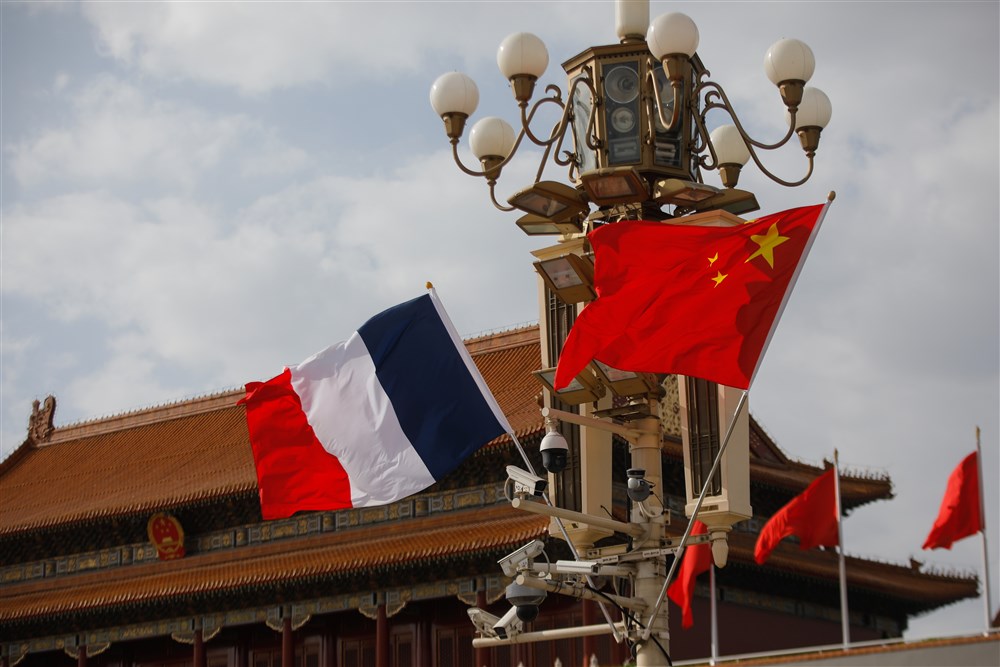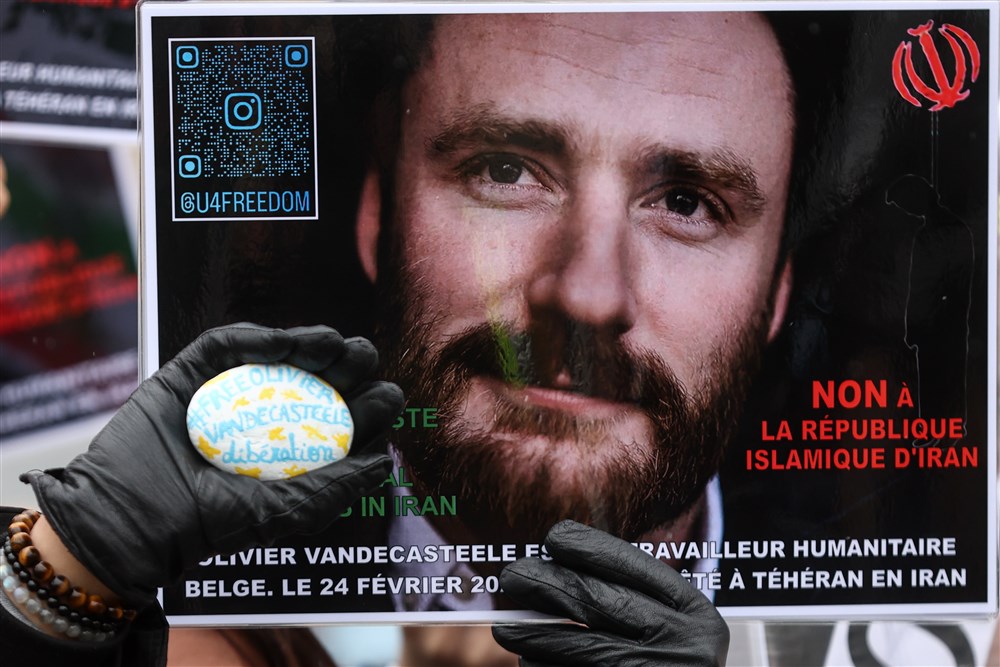There were surreal scenes at the 52nd session of the UN Human Rights Council (UNHRC). Chinese, Russian, and Iranian representatives protested their concern about police brutality and racism against civilians – in France.
The UNHRC spent more than three hours discussing the human rights situation in France. Many countries called on France to fight harder against violence and racial discrimination. The American delegate, Kelly Billingsley, recommended that “France step up its efforts to combat crimes and threats of violence motivated by religious hatred such as anti-Semitism and anti-Muslim hatred.” Brazil and Japan also criticized “racial profiling by security forces”. Police brutality during law enforcement operations was highlighted by several delegations, including Sweden, Norway, and Denmark.
A l'#UPR43, les Etats ont recommandé à la France de
-empêcher un usage excessif de la force par les forces de l’ordre lors des manifestations
-enquêter sur les violations présumées commises par les forces de l'ordre
-former régulièrement ces forces à la gestion des manifestations— United Nations Human Rights Council (@UN_HRC) May 1, 2023
But so did some of the most repressive countries in the world. Azerbaijan, whose autocratic regime is suspected of pursuing its opponents on French soil and started an unprovoked war against Armenia, found it necessary to pronounce on France’s wrongs. It spoke of growing numbers of “racist, xenophobic and anti-Islamic acts” across France, and of “numerous reports of mass closures of Islamic organizations and business”. It asked for an investigation into the circumstances under which “Islamophobic practices” took place in France.
The representative of Azerbaijan, ranked 126 out of 180 countries in Transparency International’s corruption index, asked “What is the government doing to combat corruption effectively, including by ensuring transparency on senior French officials’ contacts with lobbyists?”
The human rights committee lectured France on the ban of the niqab in public, “which had disproportionately affected the right to practice religion freely”. Another issue France was admonished for was the treatment of children of parents who had participated in the Syrian conflict. “The Special Rapporteur strongly encouraged the authorities to actively promote legal and diplomatic protection for French nationals in conflict zones abroad, particularly children.”
France’s treatment of migrant was also raised. Increasingly repressive measures are allegedly being implemented, causing them to live “in inhuman and unsanitary conditions” in France.
The UNHRC’s current members include China, Cuba, Eritrea, Honduras, Kyrgyzstan, Somalia, Sudan, and Uzbekistan. The Council is often accused of applying double standards. Israel, for example, is disproportionately condemned by the UN. Saudi Arabia’s appointment to the UN Women’s Rights Commission also caused uproar.
#UPR43 | ??France’s human rights record will be examined by the @UN?? Human Rights Council’s Universal Periodic Review Working Group for the fourth time.
?Monday 1 May 2023
⏲️9-12.30
?️@UNGeneva
?https://t.co/9ZCvuDKb4S
?https://t.co/TJ9sxQA8vf pic.twitter.com/3rKPyOFsoY— United Nations Human Rights Council (@UN_HRC) April 26, 2023




